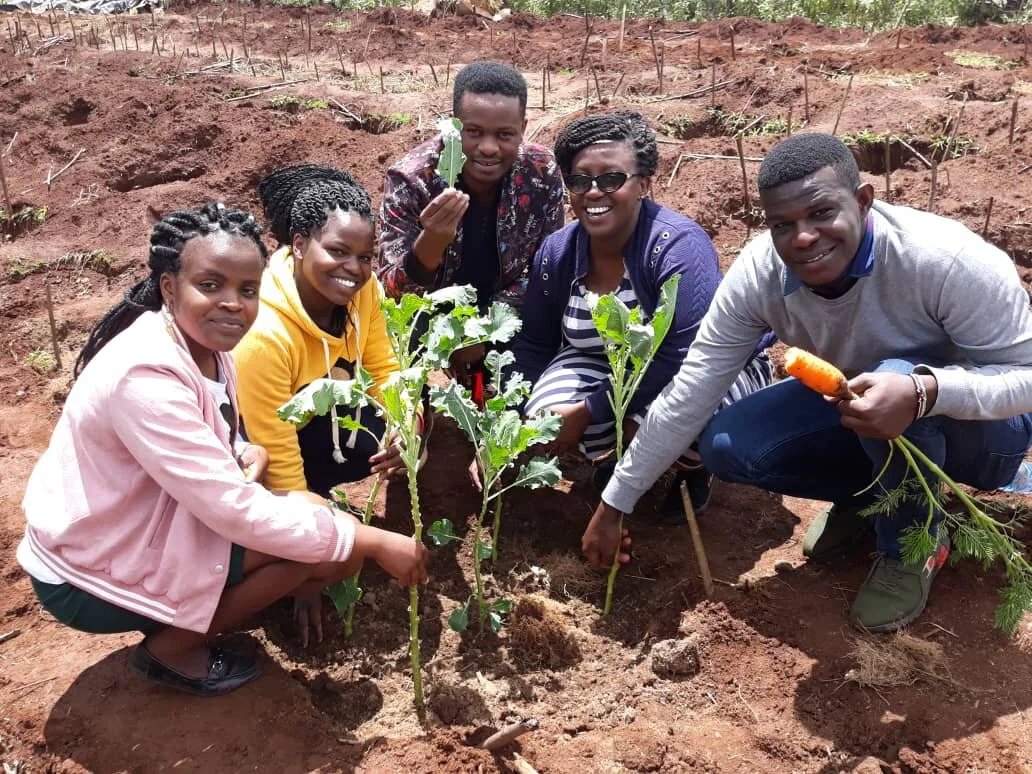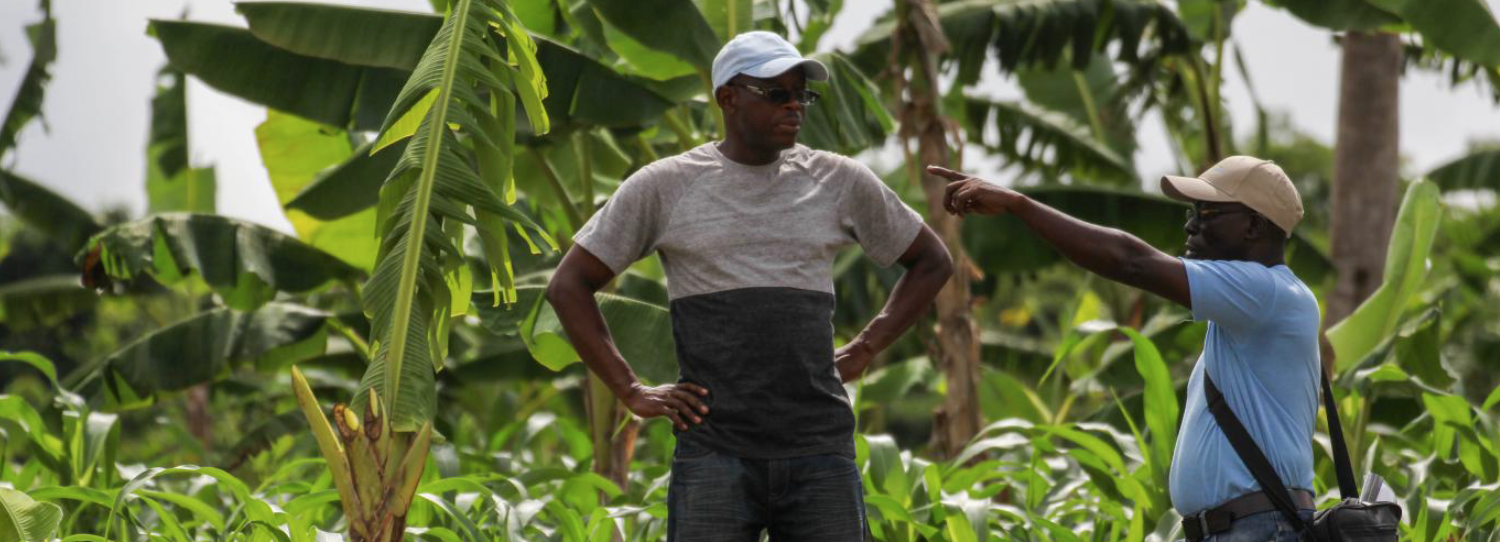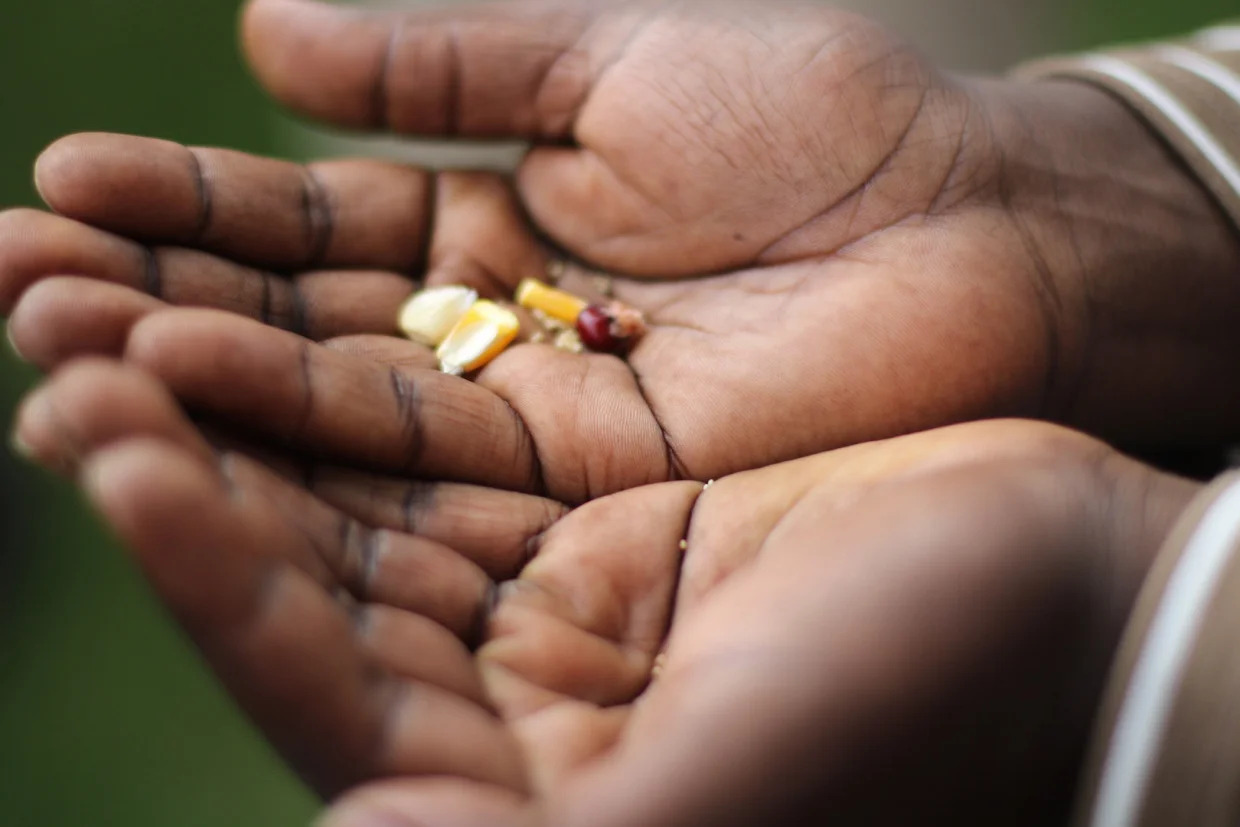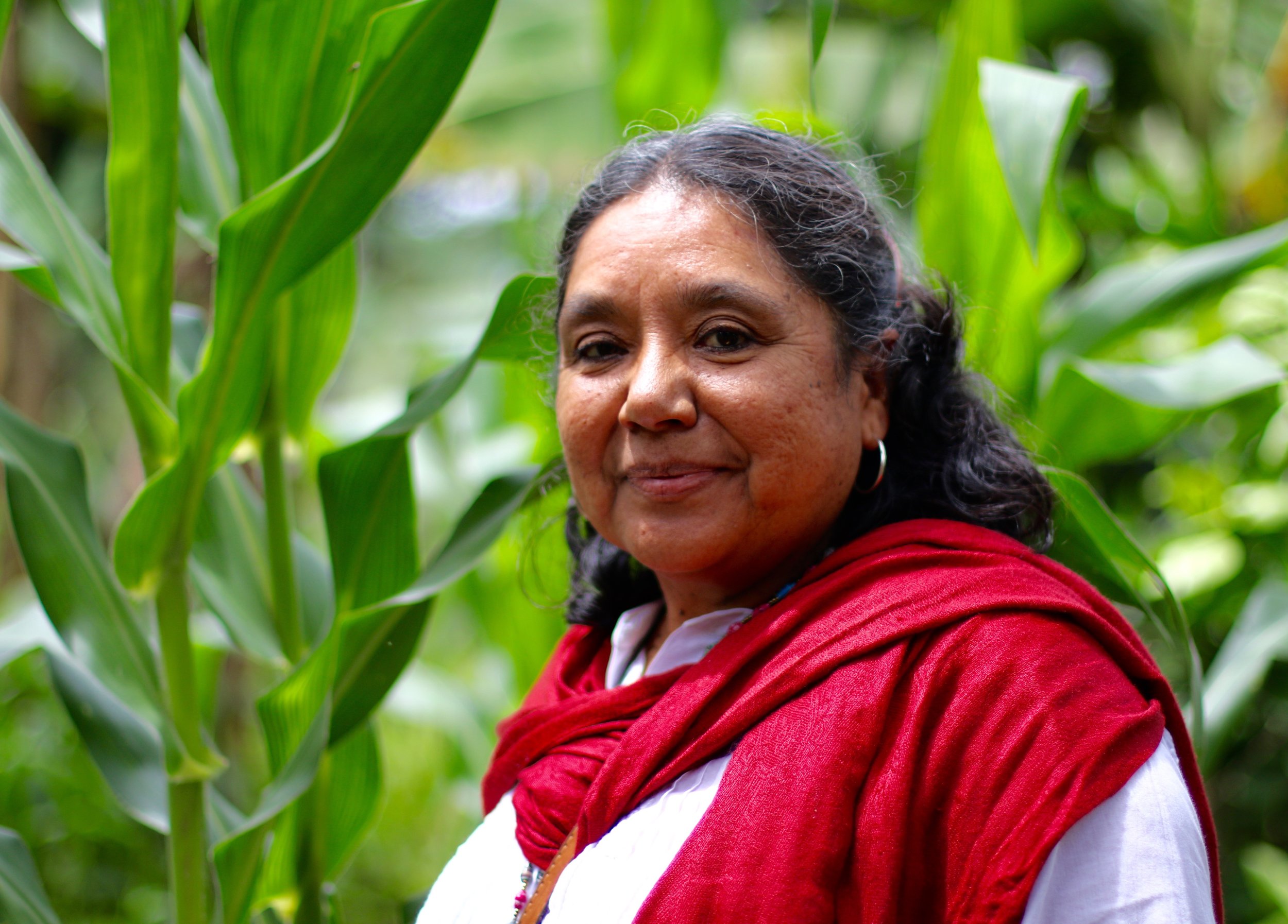A 2021 study by the UN’s FAO concludes that around a third of the world’s food is produced by smallholder farmers on less than two hectares of land.
Read MoreJeunes Volontaires pour l'Environnement (JVE) International is working to scale up agroecology in Togo and root it in the country’s national policy
Read MoreIn the midst of Covid-19, fishing communities around the world have demonstrated solidarity and strengthened the resilience of coastal communities.
Read MoreThere’s a mistaken belief that agroecology is about going backwards. How do we challenge and reverse this mistaken perspective?
Read MoreA photo essay
Read MoreThe co-author of the report, AGRA’s False Promises, on why investment in agroecology, and not a Green Revolution, is key for Africa’s food security.
Read MoreMariama Sonko, president of the Pan-African organization Nous Sommes la Solution, shares how women farmers have turned entrepreneurs to revive a culinary tradition that would otherwise be lost
Read MoreJohn P. Wilson tells us about an exchange between farmers from Zimbabwe and Malawi.
What I concluded from this trip to northern Malawi is that we must try and strengthen the link between the academic world and CSOs on Agroecology and Food Sovereignty. But we must also be strategic about this in some way. It’s not going to be possible to have the level of documentation that SFHC has achieved everywhere. I don’t think that’s realistic. How can we ensure that at least some of our work is documented to the kind of level that SFHC has achieved?
Read MoreThe participants represented over 300 million people in Africa – farmers, fisherfolk, pastoralists, Indigenous peoples, consumers, youth networks, women’s networks, food processors, scientists, activists, funders and researchers – all concerned about the future of food and social justice on the Continent and globally.
Read MoreWhen we received the invitation to participate in the learning exchange in Uganda, it seemed impossible to travel to such a distant land that is Africa. We were requested to bring a farmer, preferably a woman, to join this gathering, but it was difficult to convince them to travel.
Read MoreThis past spring I was fortunate to participate in the AgroEcology Fund’s learning convening in Masaka, Uganda. I saw how through careful collaboration, philanthropy can benefit and perhaps solve some of its own most fundamental problems by applying agroecological principles to organizational procedures. The term “agroecology” is a philosophy...
Read MoreIt was inspiring to participate in the learning exchange hosted by the Agroecology Fund and Alliance for Food Sovereignty in Africa. I appreciated the perspective endorsed by the participants that amplifying agroecology requires context-specific support to enable small scale farmers...
Read MoreLast month, the AgroEcology Fund in partnership with the Alliance for Food Sovereignty in Africa, hosted a convening with over 70 delegates from 20 countries in Masaka, Uganda. Farmers, social movements, funders, scientists and policy advocates dialogued on amplifying agroecological solutions in the context of a changing climate, land grabs and corporate control of seeds.
Read MoreIn 2014, Grain published a seminal report: Hungry for land: Small farmers feed the world with less than a quarter of all farmland. The report raised concerns on shrinking farmlands in the face of large, corporate agriculture and land grabs. Yet, remarkably, small farms continue to be more productive than large farms and are major food producers in the world.
Read More














